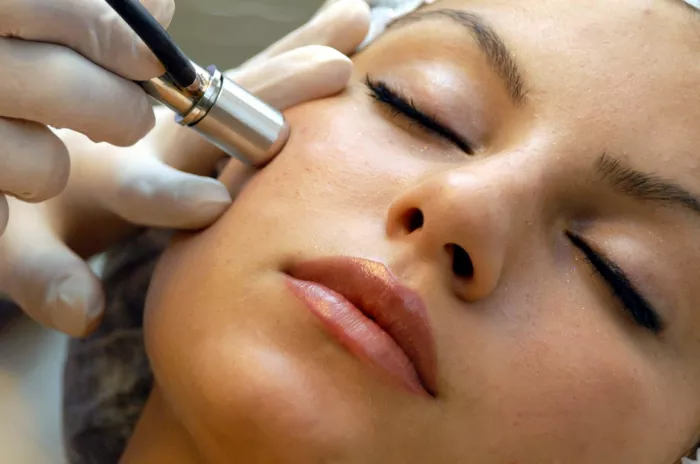The process of aging is a natural and inevitable part of life. However, for some individuals, the signs of aging seem to appear more rapidly and prominently on their faces. While genetics play a significant role in the pace of aging, there are various factors that can contribute to the accelerated aging of facial skin. This article aims to explore the common reasons behind the phenomenon of rapid facial aging and provide insights into preventive measures that individuals can take to maintain youthful and healthy skin.
Understanding the Factors Behind Rapid Facial Aging
Several factors can contribute to the appearance of rapid facial aging:
1. Sun Exposure and UV Damage
Prolonged and unprotected sun exposure is one of the leading contributors to premature aging. The ultraviolet (UV) rays from the sun can damage the skin’s collagen fibers, elastin, and DNA, leading to wrinkles, fine lines, age spots, and sagging skin.
2. Lifestyle Choices
Unhealthy lifestyle habits, such as smoking, excessive alcohol consumption, and a poor diet lacking in essential nutrients, can contribute to accelerated aging. Smoking, in particular, restricts blood flow and reduces the delivery of oxygen and nutrients to the skin, causing it to age more rapidly.
3. Poor Skincare Routine
Neglecting a proper skincare routine can result in the buildup of dirt, debris, and impurities on the skin’s surface. Inadequate cleansing and moisturizing can lead to dullness, uneven tone, and clogged pores, making the skin appear older than it is.
4. Lack of Sleep
Chronic sleep deprivation can take a toll on the skin. During sleep, the body repairs and rejuvenates itself, including the skin. Lack of sleep can lead to dark circles, puffiness, and a dull complexion.
5. Stress and Cortisol
Persistent stress triggers the release of cortisol, a hormone that can break down collagen and elastin fibers in the skin. This process can lead to premature sagging and wrinkles.
6. Genetics
Genetics play a significant role in determining how quickly an individual’s skin ages. Some people are genetically predisposed to have more or less collagen and elastin, which can impact the skin’s elasticity and firmness.
7. Environmental Factors
Pollution, free radicals, and other environmental aggressors can damage the skin’s cells and accelerate the aging process. These factors can lead to oxidative stress, inflammation, and cellular damage.
Preventive Measures for Slowing Down Facial Aging
While some factors contributing to rapid facial aging are beyond our control, there are several proactive steps individuals can take to slow down the process:
1. Sun Protection
Consistently using broad-spectrum sunscreen with at least SPF 30 can significantly protect the skin from UV damage. Wearing protective clothing and seeking shade during peak sun hours are also important.
2. Healthy Lifestyle Choices
Quitting smoking, reducing alcohol intake, and maintaining a balanced diet rich in antioxidants, vitamins, and minerals can support skin health and slow down aging.
3. Proper Skincare Routine
Establishing a comprehensive skincare routine that includes cleansing, moisturizing, exfoliating, and using products with active ingredients can help maintain the skin’s vitality and appearance.
4. Adequate Sleep
Prioritizing sleep and practicing good sleep hygiene can promote skin rejuvenation and reduce the signs of fatigue.
5. Stress Management
Engaging in stress-reducing activities such as yoga, meditation, and mindfulness can help lower cortisol levels and protect the skin from the negative effects of chronic stress.
6. Environmental Protection
Using products that contain antioxidants like vitamin C and E can help neutralize free radicals and protect the skin from environmental damage.
7. Professional Treatments
Consulting with dermatologists and skincare professionals can provide access to treatments like chemical peels, microdermabrasion, and laser therapies that can help address existing signs of aging and prevent further damage.
Conclusion
While genetics play a role in the aging process, lifestyle choices and environmental factors can significantly contribute to the appearance of rapid facial aging. Protecting the skin from UV damage, adopting healthy habits, maintaining a proper skincare routine, managing stress, and seeking professional treatments when necessary can all contribute to maintaining youthful and healthy facial skin. By understanding the factors that accelerate aging and taking proactive measures to counteract them, individuals can slow down the signs of aging and enjoy radiant and youthful-looking skin for longer.


